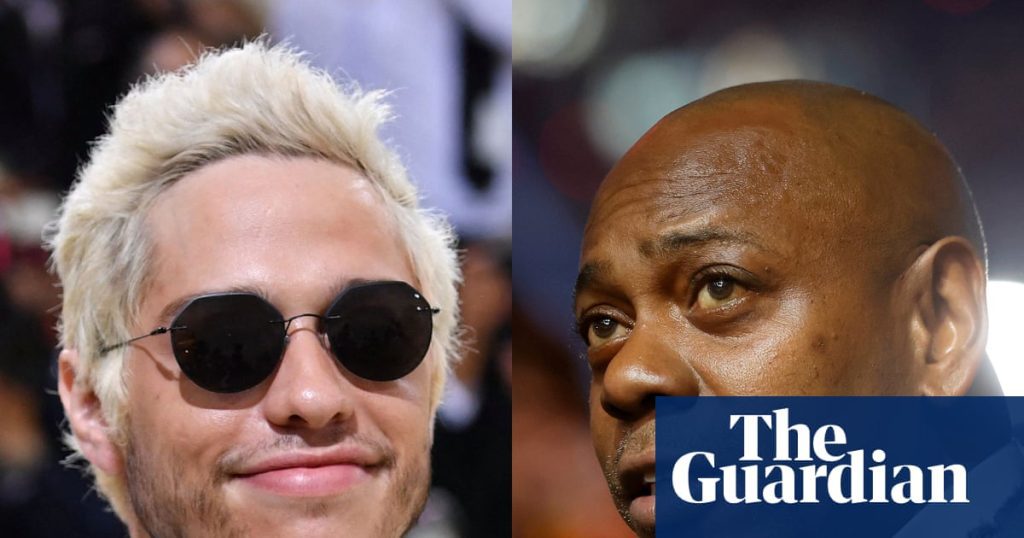Inaugural Riyadh Comedy Festival: A Controversial Spotlight on Global Comedy
Lauded as “the largest comedy festival globally,” the first-ever Riyadh Comedy Festival runs from September 26 to October 9, showcasing prominent US comedians. The lineup includes notable figures like Dave Chappelle, Louis CK, Bill Burr, Kevin Hart, and others, with all appearing under contracts funded directly by the Saudi government.
The festival is produced by Sela, a live-event firm owned by Saudi Arabia’s sovereign wealth fund, together with the General Entertainment Authority led by Turki al-Sheikh, a royal advisor facing allegations of human rights abuses, including the detention of social media critics.
This whitewashing comes amid significant increase in repression, including a crackdown on free speech.
Both the US talent agency William Morris Endeavor (WME) and Bruce Hills, the previous president of Montreal’s Just for Laughs comedy festival, are also consulting on the event. However, many comedians involved have faced backlash, particularly from Human Rights Watch, which argues the festival serves to obscure Saudi Arabia’s infamous human rights violations.
Criticism also comes from fellow comedians, questioning the ethics of participating in the festival. Marc Maron highlighted the disconnect between earning money and the serious issues surrounding the Saudi regime, while Stavros Halkias revealed he declined an offer due to his discomfort with accepting money from the country. Others like Shane Gillis shared their reasons for turning down significant offers, citing personal morals tied to Saudi Arabia’s past actions.
Despite the criticism, many headlining comedians appear unconcerned. Jim Jefferies, in a podcast, dismissed the murder of a journalist as a minor issue and justified performing in Saudi Arabia. Similarly, Tim Dillon voiced a direct indifference to historical injustices for the sake of financial gain. Meanwhile, some artists, while acknowledging the offers, opted to withdraw when the compensation didn’t meet their expectations of life-changing amounts.
Although many of the performers are already quite wealthy, their previous advocacy for free speech seems at odds with their willingness to perform under Saudi restrictions, which likely include content guidelines prohibiting criticism of the kingdom. This presents a stark contrast to historical figures like Lenny Bruce and George Carlin, who challenged censorship in their eras.



